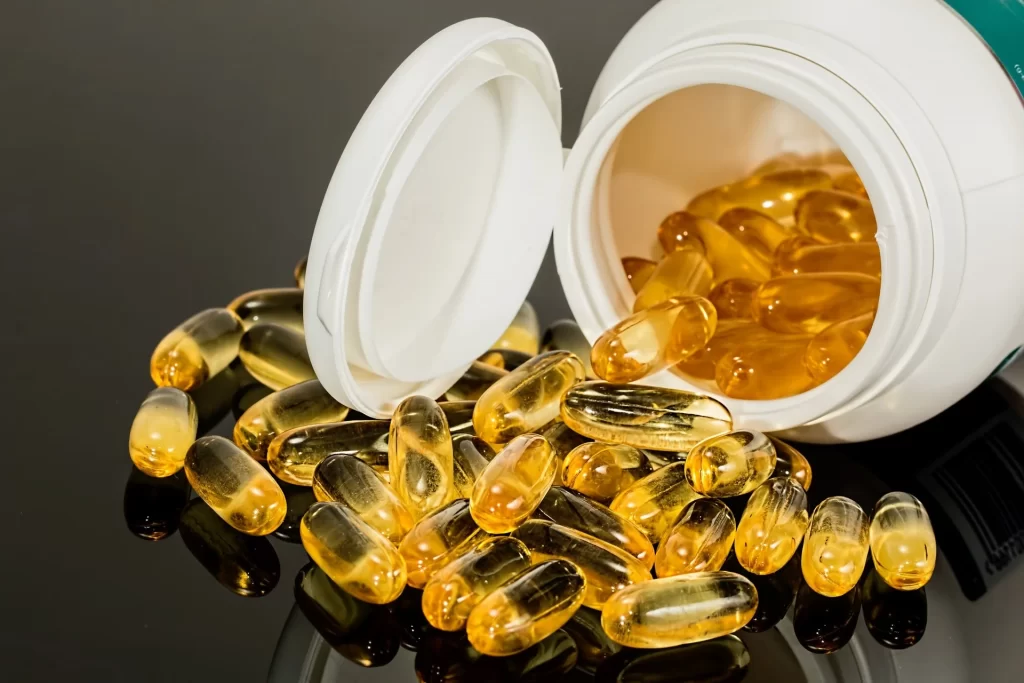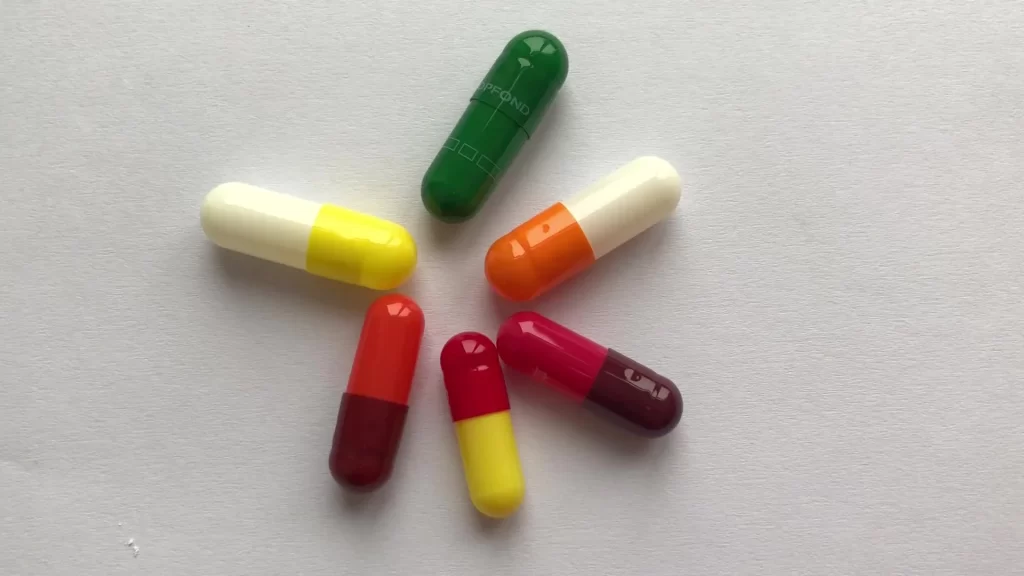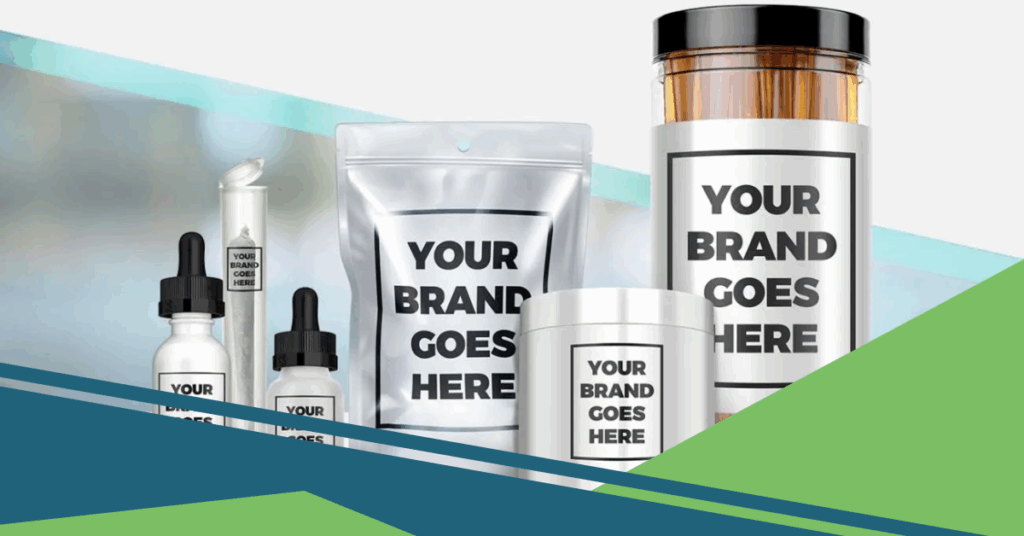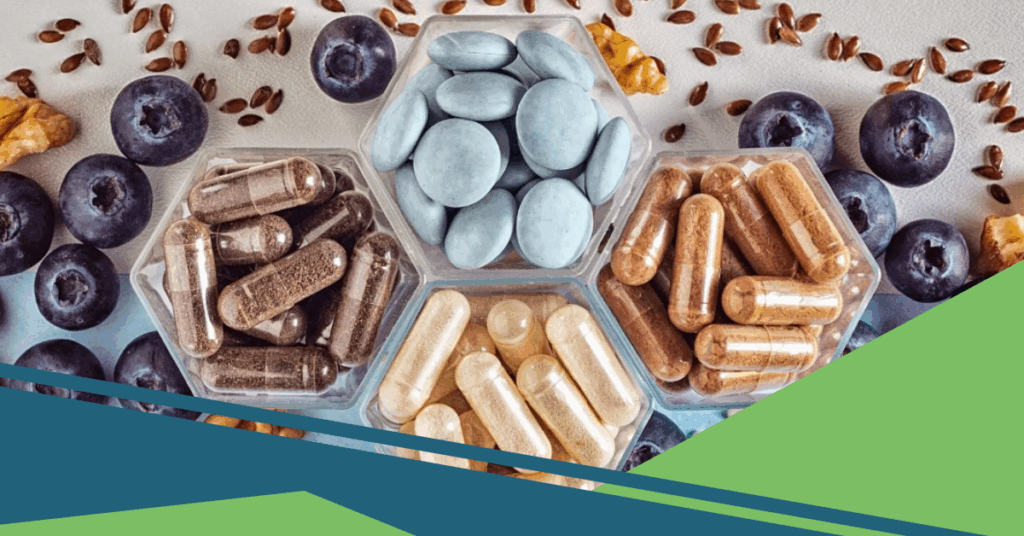Encapsulation and capsule manufacturing is a pivotal component in the pharmaceutical and nutraceutical industries, providing an efficient way to deliver medications and dietary supplements. The two most widely used options for encapsulation are gelatin capsules and HPMC capsules, which are known as hydroxypropyl methylcellulose. These capsules are also known as vegetarian capsules, which is itself a term that describes them as a perfect choice for vegetarians.
Choosing between these capsule types can significantly impact formulation, development, and consumer satisfaction. Even according to the Future Market Insights, “ the world market is going to increase from $2956.6 up to $6,378.6 million by 2034But what sets the two apart?
Here, we will explore the Soft Gelatin Capsules VS Hard Gelatin Capsules, performance, and suitability for various needs.
What is Gelatin Capsule Manufacturing?

Gelatin capsules are made from gelatin, a protein derived from collagen found in animal sources such as bovine or porcine hides, or, in some cases, fish. Their widespread use in the global pharmaceutical and nutraceutical marketplaces stems from their versatility and cost-effectiveness. You can study the details in “Capsule Manufacturing Process: A Complete Guide,” but for now, let’s explore some of the benefits of gelatin capsule manufacturing.
Attributes and Benefits of Gelatin Capsules:
Flexibility in Formulations
Gelatin capsules adapt easily to a wide range of formulations, from powdered supplements to liquid medications. Their ability to dissolve quickly in the stomach makes them particularly effective for immediate-release applications.
Cost Efficiency
A key advantage is their affordability. Manufacturing gelatin capsules costs approximately 30% less than other types of capsules, making them a preferred choice for cost-conscious brands.
Natural Origins
Gelatin capsules are categorized as natural capsules, as they are free from GMOs and allergens. They are also typically recognized as “Generally Recognized as Safe” (GRAS) by regulatory authorities worldwide.
Customization
To enhance the user experience, gelatin capsules can include custom flavors that mask the unpleasant taste or smell of encapsulated ingredients. This flexibility further solidifies their popularity among pharmaceutical manufacturers.
Considerations for Gelatin Capsules:
Before What You Should Know about Storing & Handling Capsules, there is another point you need to know about, which is that gelatin capsules are highly effective; their animal-derived nature can pose dietary, religious, or ethical concerns for certain populations. Vegan or vegetarian consumers, for instance, may prefer plant-based alternatives. Additionally, their composition makes them less compatible with hygroscopic (moisture-absorbing) formulas, as they can degrade in high-humidity environments.
Note: You can also go through the “Liquid Capsule Manufacturing: What to Know” for liquid capsules.
What Are HPMC Capsules?

HPMC capsules, or vegetarian capsules, are a plant-based alternative to gelatin. These capsules are made from hypromellose (short for hydroxypropyl methylcellulose), a substance derived from cellulose sourced from plants like pine or spruce. They cater specifically to the growing demand for clean-label, non-animal products.
Attributes and Benefits of HPMC Capsules:
Plant-Based and Ethical
HPMC capsules are ideal for individuals with vegetarian, vegan, or religion-based dietary restrictions, offering a 100% animal-free composition. They’re also kosher and halal-certified, ensuring they meet the needs of a broader demographic.
Enhanced Stability
One of the standout features of natural capsules like HPMC is their superior stability. They resist environmental challenges such as high heat and humidity, outperforming gelatin capsules in maintaining their integrity. This makes them suitable for moisture-sensitive and hygroscopic formulations.
Versatility for Formulations
HPMC capsules exhibit excellent resistance to gastric acid, making them an ideal choice for applications requiring delayed-release mechanisms. Next-generation HPMC polymers further expand their compatibility with active pharmaceutical ingredients (APIs), enhancing their versatility.
Catering to Health-Conscious Markets
Increasing consumer demand for clean-label, “green,” and allergen-free products has spiked the popularity of vegetarian capsules. Their transparency regarding sustainable sourcing and plant-based origins aligns with modern consumer values.
Considerations for HPMC Capsules:
Choosing the Perfect Capsule Sizes for Your Supplement Brand is one of the most important things, especially when we talk about HPMC capsules tend to cost more by the capsule manufacturers than gelatin capsules, which can make them less budget-friendly for large-scale manufacturing. But some considerations, including size, are
- Available Sizes: HPMC capsules are offered in a wide range of sizes, typically including:
- Moisture Sensitivity: With lower moisture content than gelatin, HPMC capsules are better suited for hygroscopic or moisture-sensitive formulations.
- Machine Compatibility: These capsules run smoothly on most capsule-filling machines, though minor setup adjustments may be required.
- Disintegration Time: HPMC capsules may have a slightly slower disintegration time compared to gelatin, but this is often negligible in most applications.
- Certifications: How to measure the quality of your capsules is the question that can be answered by looking at the type of certifications the manufacturer holds and Most HPMC capsules are certified Halal, Kosher, and Vegan, making them suitable for a wide range of dietary needs.
- Storage: While they have excellent moisture resistance, storing them in a dry, stable environment helps preserve their quality.
Additionally, while they are effective, they may not dissolve as quickly in the stomach as gelatin options, unless modified for immediate-release purposes.
Gelatin or Vegetable Capsules?
When deciding between gelatin or vegetable capsules, understanding the differences in composition, performance, and market suitability is key. Let’s break down the distinctions:
Composition:
- Gelatin Capsules
Sourced from animal-derived collagen, these capsules are cost-efficient and dissolvable in stomach acid, making them best-suited for immediate-release products like vitamins or medications. - HPMC Capsules
These hypromellose capsules are plant-based, making them a natural fit for vegan, vegetarian, or religiously restricted diets. They excel in retaining stability under harsh environmental conditions.
Performance:
- Dissolution Properties
Gelatin capsules dissolve rapidly (around 4-10 minutes in the stomach), making them highly effective for quick-release applications. HPMC capsules, on the other hand, can be engineered to dissolve more gradually, offering delayed-release benefits. - Environmental Resistance
HPMC capsules perform better in environments with high heat and humidity, making them ideal for moisture-sensitive products. Gelatin capsules, while affordable, degrade faster under similar conditions.
Consumer Preference:
Market demand plays a pivotal role in capsule choice. Research demonstrates a growing preference for clean-label, vegetarian, and ethical products by capsule manufacturers, particularly in regions like North America and Europe. While gelatin remains the industry favorite due to its affordability, HPMC capsules are carving a significant niche in health-conscious markets.
Future Trends in Encapsulation
The choice between gelatin and vegetarian capsules is no longer a simple one. The Top Trends in Liquid Supplement Manufacturing for 2025 and Beyond in the pharmaceutical and nutraceutical markets suggest a growing shift towards sustainability, innovation, and personalization.
- Customization in Needs
Both capsule types now cater to niche requirements, with innovations like delayed-release mechanisms, tamper-evidence customization, and flavored capsules that appeal to diverse consumer segments. - Sustainability Focus
As sustainability gains priority, we could see further innovation in plant-based alternatives or biodegradable capsule materials for a more eco-friendly future. - Health Trends Driving Growth
The surging popularity of products focused on immunity, gut health, and plant-based diets further propels the demand for natural capsules like HPMC.
The Final Verdict
Choosing between gelatin capsules and HPMC capsules ultimately comes down to the product’s purpose, target audience, and manufacturing needs. It is a reputable capsule manufacturing company. Gelatin capsules remain an affordable, functional choice for many applications, but the rise of hypromellose capsules marks a shift toward ethical, plant-based options that align with contemporary values. By understanding the strengths and limitations of each, you can make an informed decision best suited to your product and consumer base. Once you make a decision, you will be able to know about the NutraBest for the classified, good quality, and affordable manufacturing of the capsules. So, give it a try to know what the best you can achieve in the market.



